One-third of world economy likely to be in recession in 2023: IMF chief warns
The new year will be tougher than 2022 for much of the global economy with the United States, Europe, and China experiencing weakening activity, according to International Monetary Fund (IMF) chief Kristalina Georgieva.
The top official of the UN financial agency said the new year is going to be "tougher than the year we leave behind" as three big economies are “slowing down simultaneously".
"Why? Because the three main economies - the US, EU and China - are all slowing down simultaneously," Georgieva was quoted as saying on a TV show.
"We expect one-third of the world economy to be in recession," she said: "It would feel like a recession for hundreds of millions of people."
For the first time in 40 years, Georgieva noted, China's growth in 2022 is "likely to be at or below global growth".
A "bushfire" of COVID infections in China in the months ahead is likely to further hit the country's economy this year and drag on both regional and global growth, said Georgieva, who traveled to China late last month.
"I was in China last week, in a bubble in a city where there is zero COVID," she said. "But that is not going to last once people start traveling."
In October, the IMF cut its outlook for global economic growth in 2023, reflecting the continuing effect of the Ukraine war as well as inflation pressures and the high-interest rates engineered by central banks like the US Federal Reserve aimed at bringing those price pressures to heel.
Since then, China has scrapped its zero-COVID policy and embarked on a chaotic reopening of its economy, though consumers there remain wary as coronavirus cases surge.
"For the next couple of months, it would be tough for China, and the impact on Chinese growth would be negative, the impact on the region will be negative, the impact on global growth will be negative," the IMF chief hastened to add.
In his New Year's address to the nation, China’s President Xi Jinping on Saturday called for more effort and unity as China enters a "new phase."
Beijing has been calling for use of its yuan currency instead of the US dollar for international trade.
Addressing the Persian Gulf Cooperation Council (GCC) summit in December, Xi called for energy sales to be conducted using the Chinese yuan in trade markets, a move which would weaken the US dollar’s grip on world trade and strengthen China's yuan.
The move to conduct oil transactions with China in yuan would mark a substantial shift in the oil market, where 80 percent of sales are conducted in dollars.
Read more:
China's Xi calls for oil, gas trade in yuan on Persian Gulf visit
China isn’t pulling away from Russia
Xi said China will continue to import crude oil and liquefied natural gas (LNG) from the Persian Gulf. China will also "make full use of the Shanghai Petroleum and National Gas Exchange as a platform to carry out yuan settlement of oil and gas trade."
Oil and gas currently make up around 3.8 percent of the global economy and are among the top most traded commodities in the world.
Meanwhile, the economic outlook for European countries and the United States looks even worse than China. Europe has been hit hard by soaring energy prices and is more likely to head into a recession, according to reports.
The situation looks bleaker in Europe, Georgieva warned in her remarks on Sunday, adding that "half of the European Union will be in recession next year."
VIDEO | Tehran hosts 33rd International Holy Qur'an exhibition
Iraqi Resistance threatens action if US continues occupation
VIDEO | Rising from the Rubble: Worshippers return to Gaza’s Great Omari Mosque
VIDEO | New database documents systematic repression of Palestine solidarity in UK
VIDEO | Press TV's news headlines
Palestinian factions denounce US for offering ‘consular services’ inside West Bank settlement
Iran, Oman FMs meet ahead of third round of indirect nuclear talks with US
VIDEO | UN commemorates Mother Language Day with celebrations



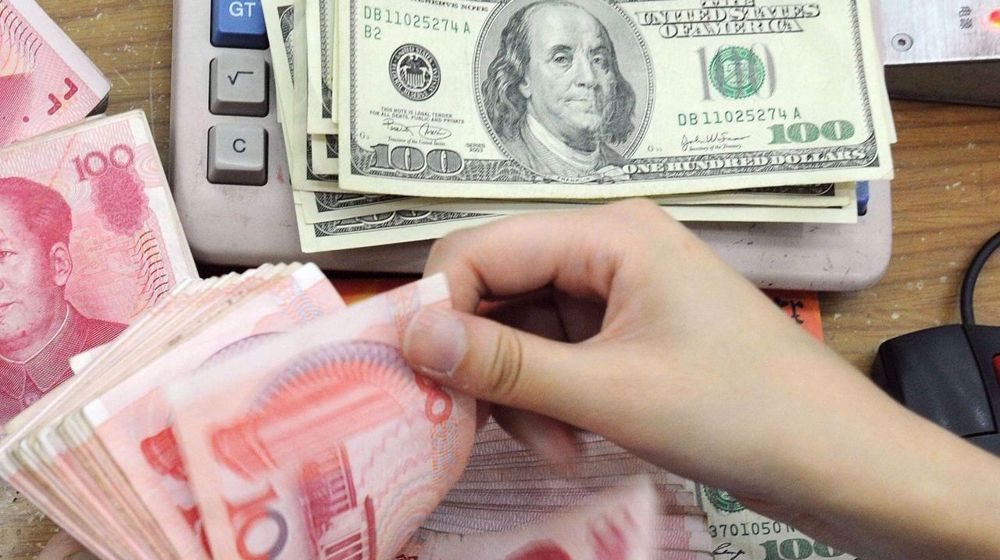
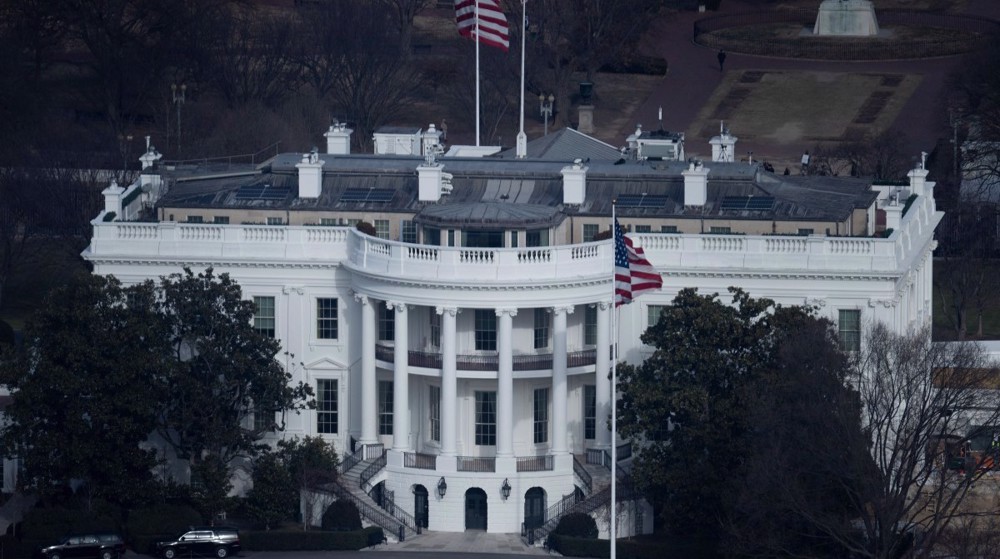






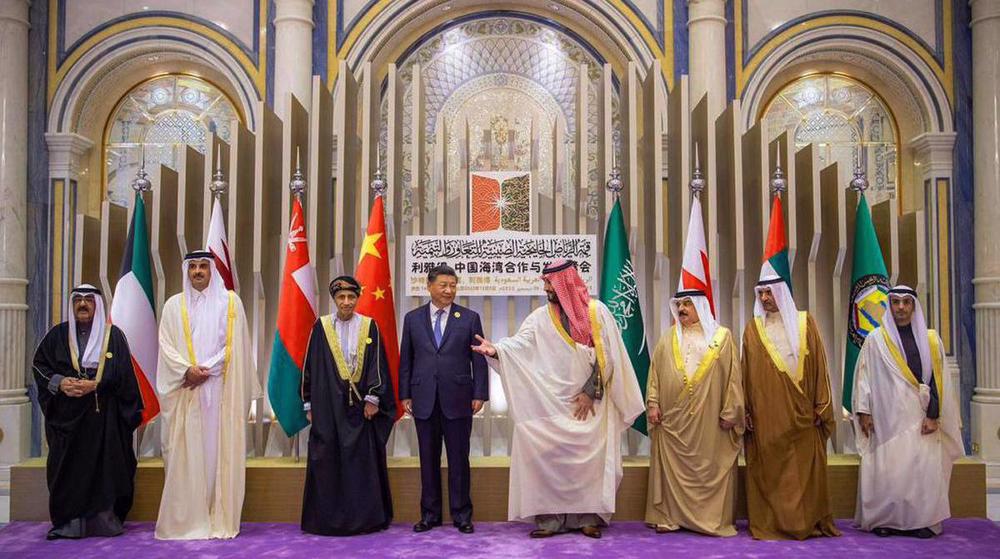
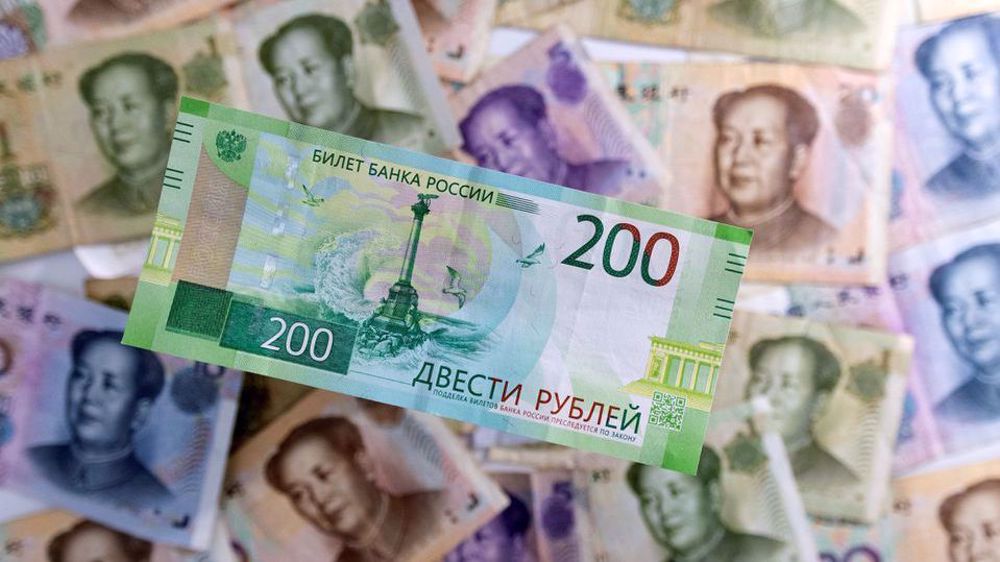
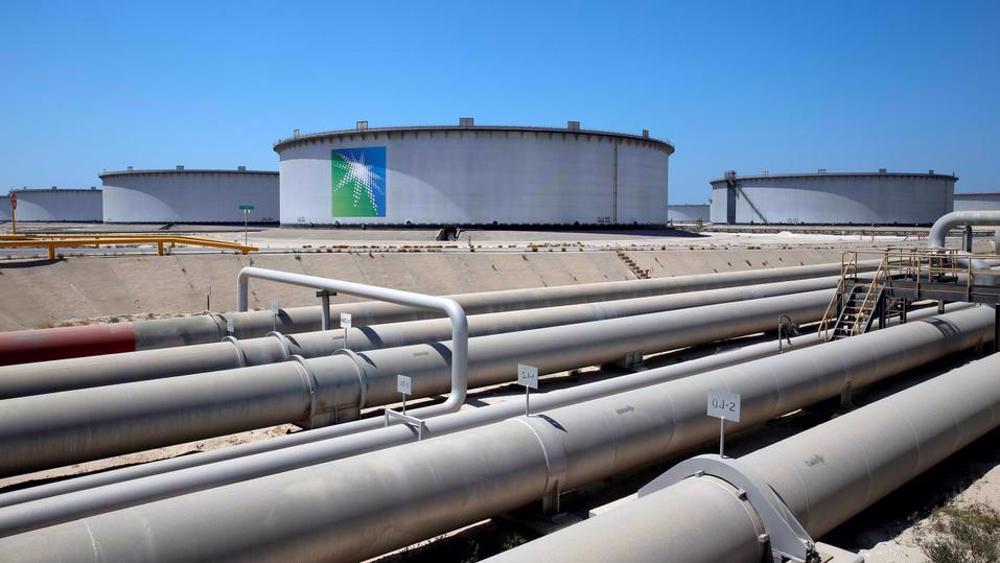
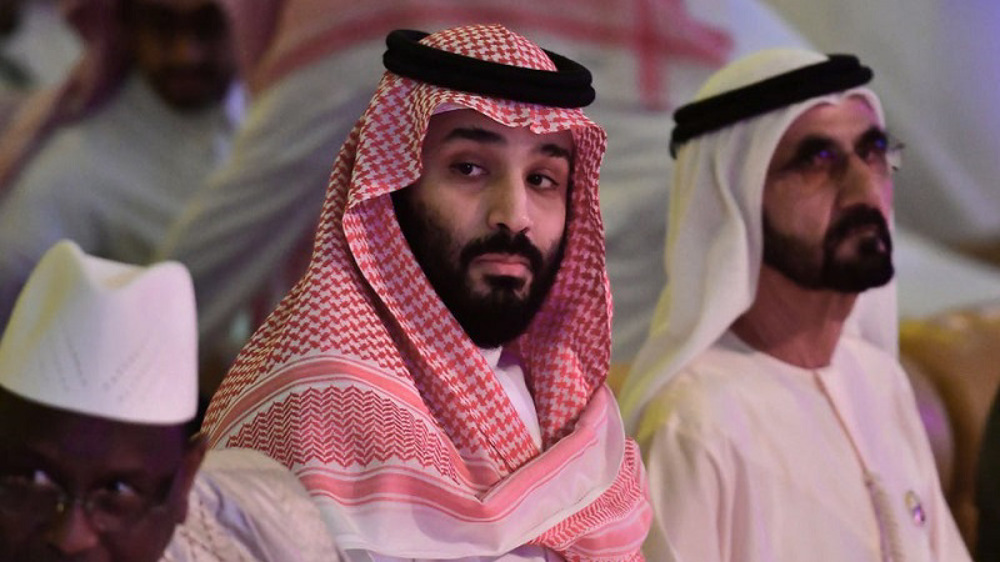
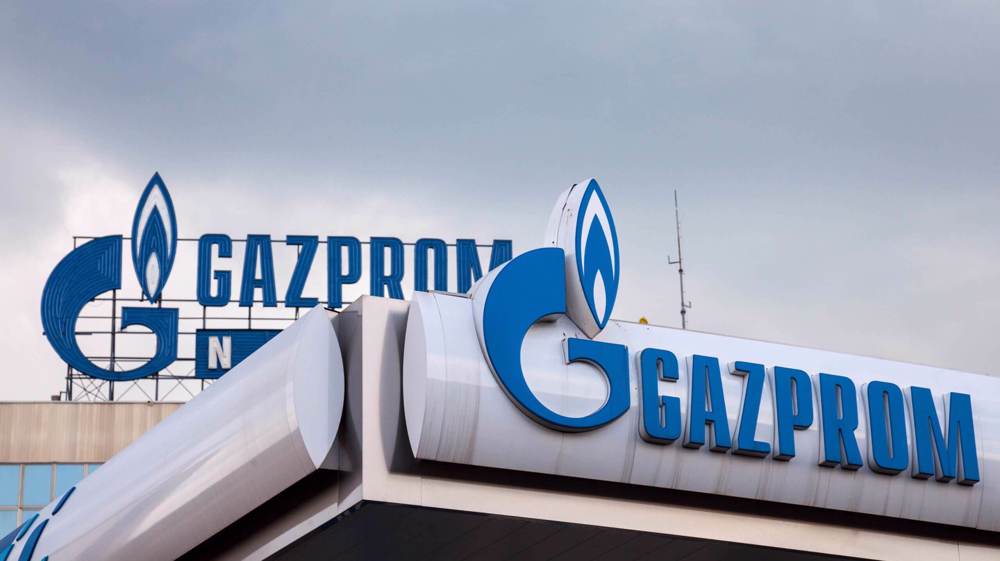



 This makes it easy to access the Press TV website
This makes it easy to access the Press TV website